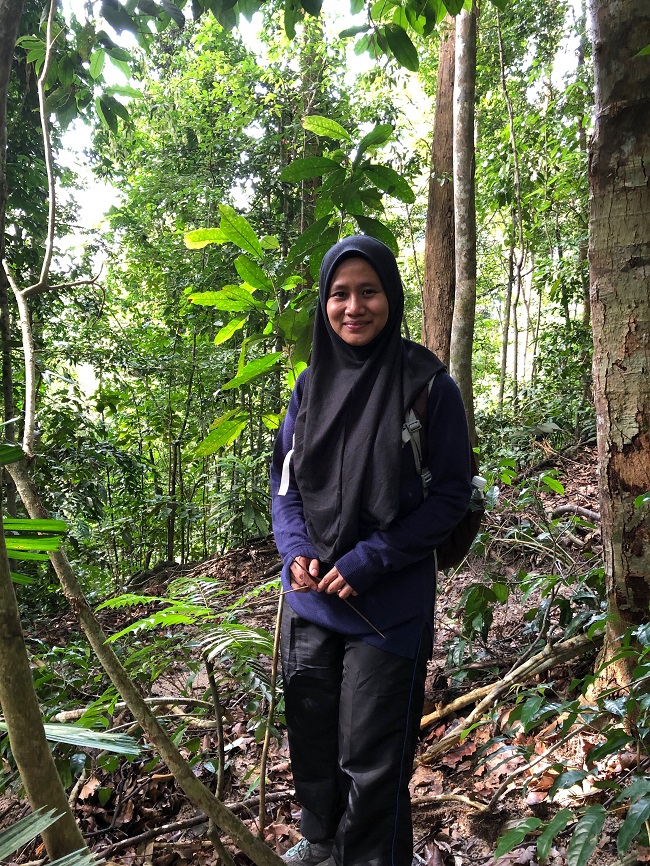PS Seminar Series- PhD Exit Seminar : Thermal acclimation of respiration in rice
Speakers
Event series
Content navigation
Description

Abstract - The world population has grown from 3 billion in 1961 to 7.6 billion in 2018, and is expected to reach nearly 10 billion by 2050. Global crop production must at least double by 2050 in order to meet the needs of a growing world population. Although crop yields are increasing globally, recent studies show that some regions are experiencing reductions and even stagnation in yield due to climate change; including rice in its important growing regions of Asia and Africa. Rice is a staple food for more than half of the world’s population, so reduced rice yield will have major implications for global food security. Achieving high yields depends on increasing biomass production in the lead up to anthesis, which is determined mainly by the balance between respiration and photosynthesis. Knowledge of how fluctuating environments, particularly temperature, affects this carbon balance in rice is of significant importance yet not well understood. In my talk, I will characterise respiratory and photosynthetic acclimation to varying temperature in rice. I will also explore the extent to which respiration varies throughout the day/night cycle. This is particularly relevant given that night temperatures are rising more rapidly than day temperatures. Finally, I will show the molecular and biochemical underpinnings of the acclimation response of respiration in rice. Collectively, my study will contribute towards a better understanding of how this important crop responds to global warming. Ultimately, the knowledge I present could be used by breeders to improve the heat tolerance of crops.
Biography- Zara is a PhD candidate in Owen Atkin’s lab at the ANU. Zara’s study is funded by Malaysian government scholarship, also the recipient of ARC Centre of Excellence for Plant Energy Biology Jan Anderson HDR Supplementary Scholarships, 2016.
Location
Eucalyptus Room (S2.05), Level 2, RN Robertson Building (46), ANU




